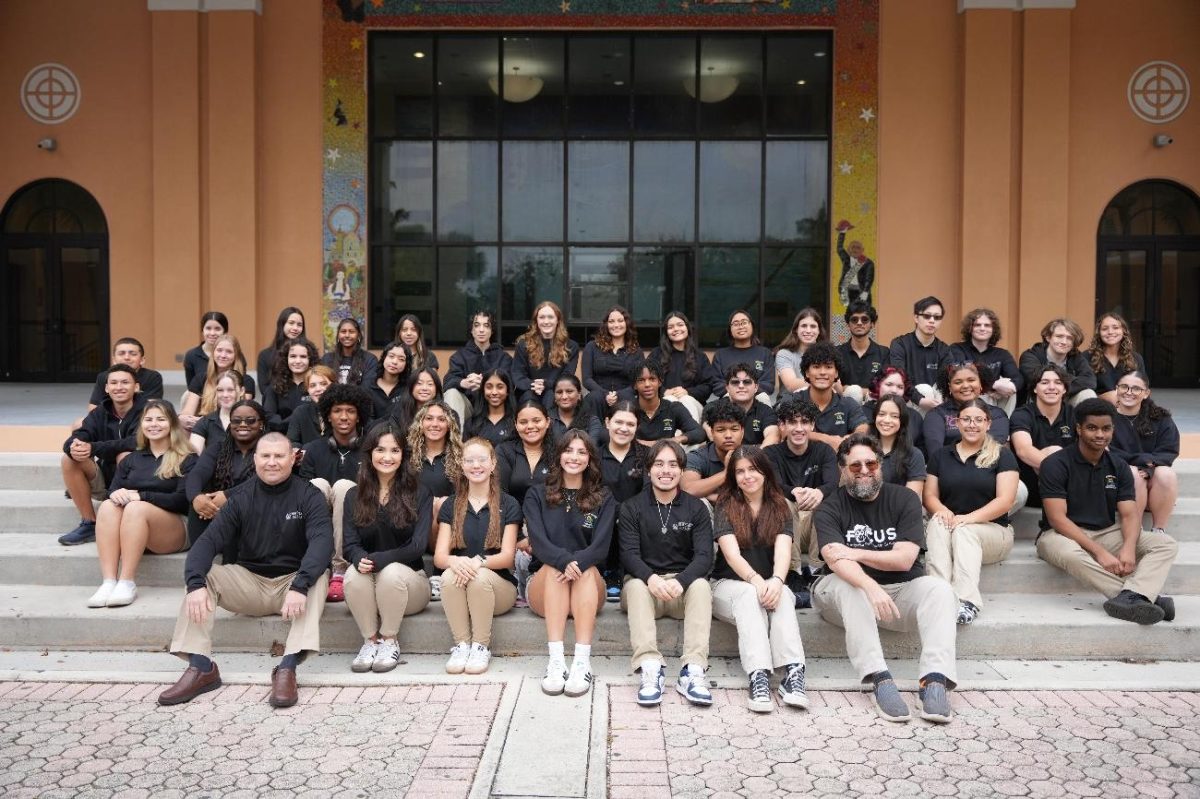According to the texts of all three Abrahamic religions (Islam, Judaism, Christianity), The Promised Land is said to be the territory God allotted for Abraham and his descendants. Located within the boundaries of this region rages a century-old conflict between two groups of people: the Israelis and the Palestinians. The devastation from the decades of violence has now reached unfathomable heights as the situation escalates, drawing the attention of every global power as the death toll continues to rise.
A common misconception of the issue is that it is a legendary blood feud dating back to Abraham, the first prophet that all three Abrahamic religions (hence the name) share in common. However, this rumor undermines the conflict’s relevance to our modern society. In reality, the conflict is largely geopolitical.
The origins of the war can be traced back to the First World War. Up until that point in Middle Eastern history, Palestine had been under the control of several empires and civilizations for tens of thousands of years. The last empire to have control of Palestine had been the Ottoman Empire, which was dissolved following WWI. Britain was given control of the territory by the League of Nations in the peace settlements that followed. It was during this mandate that violence was first recorded, originally between the Jewish and Arab populations (Palestine Children’s Relief Fund). This is believed to have been due in part to the British introducing ideas of separating the general population based on ethnicity and religion, methods the British also employed during their colonization of Africa and India.
However, the separation was made final in 1947, spurred by the end of the Second World War and the displacement of the Jewish community worldwide. The unrest did not cease, instead immediately increasing until the official creation of the independent State of Israel in 1948, the tipping point which then pushed the region into all-out war with its neighboring Arab countries. By 1949, Israel had gained control of the region, resulting in the displacement of hundreds of thousands of Palestinians and a second separation of the territory into the present-day State of Israel, the West Bank, and the Gaza Strip. At the time, the West Bank and the Gaza Strip belonged to other countries, however, Israel gained control of the territories following the Six-Day War. The West Bank and the Gaza Strip were home to hundreds of thousands of Palestinian people, who would from now on be under Israeli control. A semi-autonomous governing authority was eventually set up to represent Palestine in the early 1990s (Council on Foreign Relations).
For the next several decades, violent clashes between the two groups would continue sporadically due to several Palestinien attempts to combat Israeli control. Violence in the area has been steadily increasing following the election of the nationalist terrorist group Hamas by Palestine’s governing body. Any bombings or exchange of fire in the last 20 years has been between the Israeli government and the Hamas terrorist group. It is also important to note that the ongoing war is not a war in the traditional sense, as Palestine has no formal army, navy, or air force. This is due to Israel’s remaining control over Palestine, as it was never granted full autonomy. Israel continues to control Palestine’s access to food, water, technology, and humanitarian aid to the present day.
The most recent outbreak of violence began on October 7th of this year, with Hamas launching a major attack offensive on the State of Israel, taking hostages and killing hundreds of civilians. This is believed to have been incited by recent Israeli policies towards Palestine, which is currently under the control of the most far-right government leader in Israeli history, Benjamin Netanyahu. These policies included approving the construction of thousands of settler homes in Palestinian territory, condemned as illegal under international law (Reuters). While violent skirmishes between this new governing body and the terrorist group had been on the uptick, the violence seen in recent weeks has been unprecedented.
“It’s an act of terror. I don’t know how people can sugarcoat it,” said senior Alan Schwartz. As a PPCHS student with a Jewish background, Alan feels especially passionate about what is happening. He went on to explain how he believes many people are misinformed on the topic. “People protesting nowadays have the wrong idea.”
Since the Hamas attack on Israeli civilians, the country has launched a major counter offensive on both the West Bank and the Gaza Strip, with the Israeli Defense Force being ordered to carry out a complete “siege” of Palestine (New York Times). Israel has imposed an aid blockade on Palestine, cutting off their basic utilities like water and electricity, as well as forbidding humanitarian and medical aid from entering the territory. As countries such as Colombia, Spain and Ireland have condemned Israel’s retaliation as unnecessarily aggressive on Palestinian civilians, the United States has expressed its strong support of its ally, with President Biden promising aid for Israeli civilians in the coming weeks.
President of the Muslim Student Association, Samira Butler, expressed deep concerns for Palestinian civilians, whose death toll almost triples that of Israeli civilians as of October 19th. “Currently, there’s a concentration camp in Palestine.” Samira is referring to the Gaza Strip, which has for decades been described as an “open air prison” by international media outlets (Norwegian Refugee Council). “My hope is that Palestine will be able to break free,” the Senior said. “A lot more people need to be informed about the topic.” MSA plans to lead a discussion on the topic in the coming days.
The humanitarian crisis becomes more serious as the days go on, with civilians fleeing from Gaza under Israeli evacuation orders being hit fatally by airstrikes on the very routes they were told would be safe from bombardment (CNN). As more and more countries come forward to speak out against evidence of war crimes and international law violations, it is impossible to determine how much longer the situation will have to go on before a ceasefire is agreed upon. The United Nations had been on the verge of calling for this very ceasefire, had it not been for the United State’s choice to veto the bill (UN News). Now, without any immediate resolutions at hand, both Israeli and Palestinian civilians can only pray that a peaceful solution is reached before the destruction of their homeland becomes unequivocally irreversible.









Nicholas Lobo • Oct 20, 2023 at 9:15 AM
Very helpful article, I assume many people in the school don’t know that much about the history of this conflict.